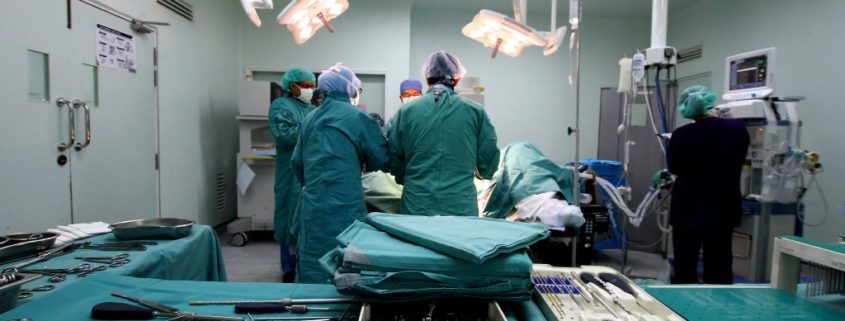Integration Pioneers in the 21st Century
There is a widely held view that 21st century care is under pressure, in a state of near-crisis in many places (ref #NHSwinter) where the burden of disease and the limitations of current health and social care systems are becoming ever more apparent. We know that at the frontline, staff are already working under immense pressure, in unsustainable ways and that change is needed. We must find ways to “work smarter, not harder”. So we must also find ways to improve the quality, safety, timeliness and cost effectiveness of 21st century care.
Of course, the change that 21st century care needs will require strong leadership and changes in the way staff work at the coalface, and one question that presents itself is around the role of technology and specifically information technology.
Health and care commentators are, for the most part, all agreed that Information Technology is a key driver for change, while many are also aware that its great potential remains untapped. The gap between the hope and the reality of the promise of improving care via effective IT remains one of the key challenges facing us today.
In exploring this challenge, there is a view that the health and care IT market is not as good as it could be, lacking leadership and a mixed bag of technologies on offer with vendor lock-in a real issue.
Quite often it is still too hard to;
- share citizen and patient information between providers and across city and district boundaries
- adapt care pathways in a way that combines Lean thinking with a flexible information system
- support the audit of care and research which for the most part is done by duplicating effort with cumbersome “back-room” processes.
It would be hard to contest the fact that the current state of the health IT market is holding us all back from the advances that 21st Century health and social care demands.
So is there an alternative path?
Leeds is one of 25 integration pioneers chosen to lead the way on the integration of health and social care through; new ways of working for staff, process redesign and integrated digital care records. Many are at early stages for this work but all with the same focus to improve care and work smarter.
Leeds, as part of an effort to positively disrupt the market, has ploughed its own pioneering path in this field via a mix of open source and open standards to underpin the Leeds PPM+ platform which now powers the Leeds Care Record. Great progress continues to be made on both fronts and positive feedback from both users and citizens alike is emerging, but Leeds believes it would benefit by contributing to and working with a broader community.
Recognising this need for change, to collaborate and to support integration pioneers, Leeds City Council on behalf of the city and with the support of the integration pioneers submitted a successful bid for the second phase of NHS England’s Integrated Digital Care Technology Fund. With the clinical leadership of Dr Tony Shannon, we are now reaching out to work with those 24 other integration pioneers who want to be part of Ripple community which is focussed along 6 open strands:
- Open Requirements
- Open Governance
- Open Citizen
- Open Viewer
- Open Integration
- Open Architecture
We hope that in sharing our challenges, our learning and our efforts, we can kickstart a real health and social care community effort. We are keen to collaborate with all others who recognise this story and share this vision, who choose to take this path together.

